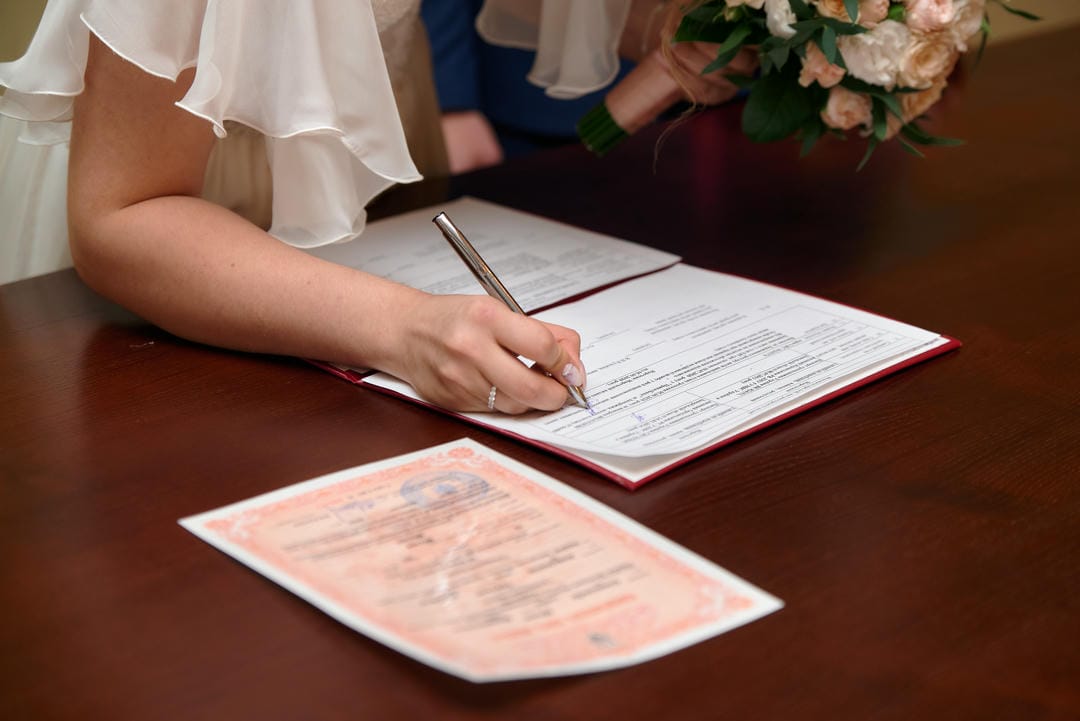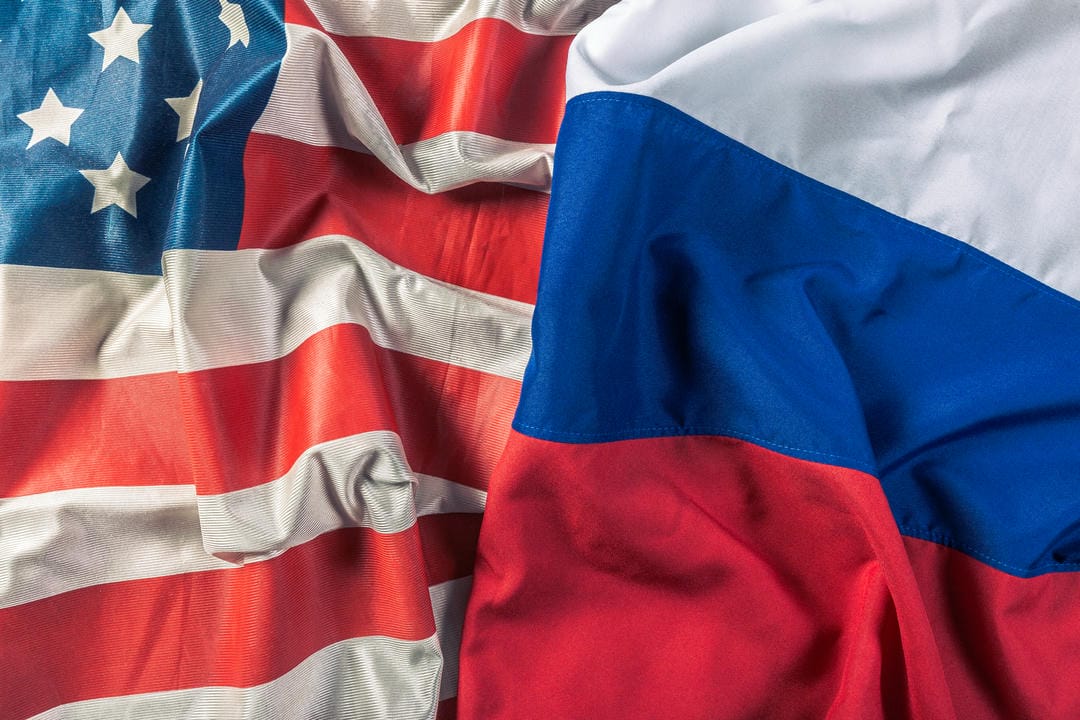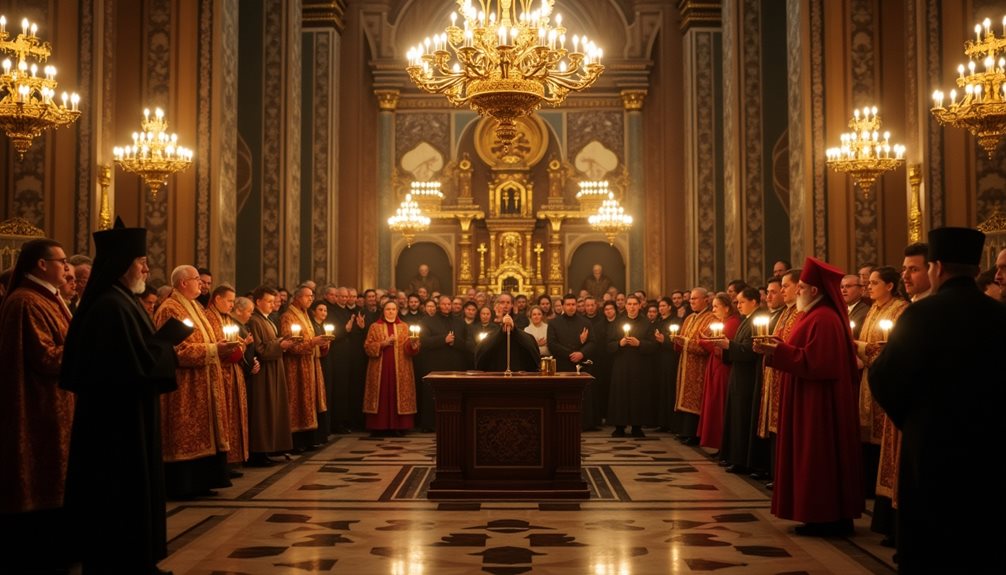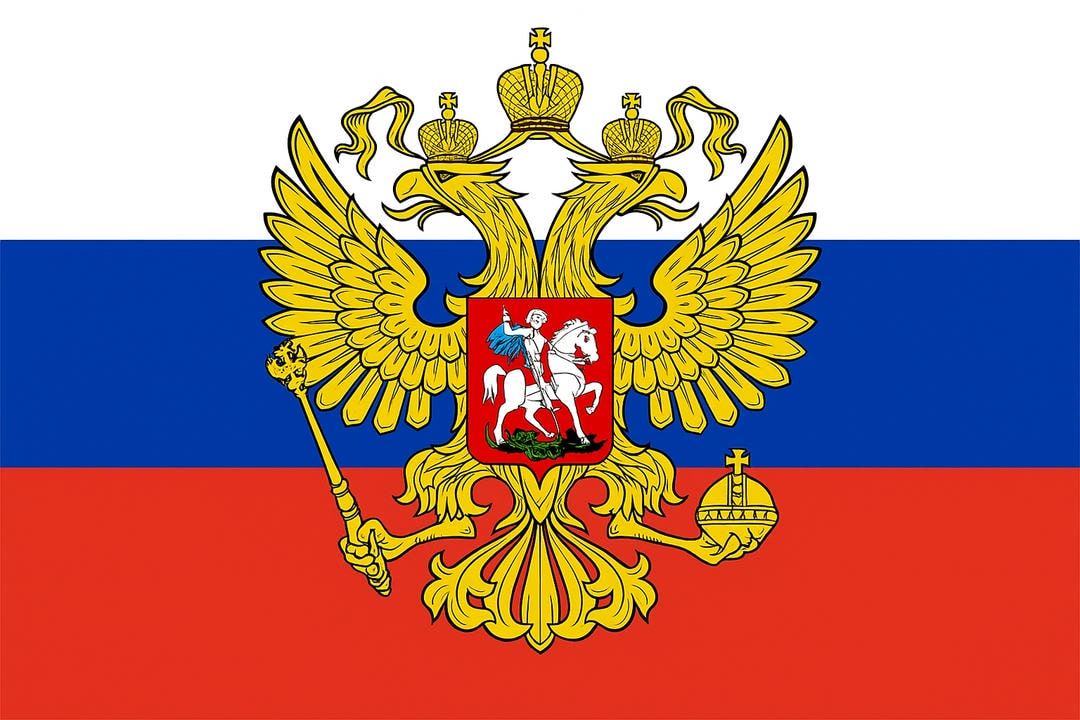When preparing for relocation to Russia, it is essential to understand the comprehensive documentation requirements, particularly regarding notarization and apostille. One critical document that often goes overlooked, especially for married women, is the marriage certificate and its implications for name changes.
Understanding the Name Change Requirement
In the U.S., most marriage certificates do not explicitly indicate a name change for the wife; they typically only list her maiden name. The legal name change occurs when a woman applies for a new Social Security card, which then allows her to update various personal records such as bank accounts, driver’s license, and tax documents. However, Russian authorities require a comprehensive paper trail to substantiate this name change when applying for temporary residency.

The Challenge of Documentation
The challenge is further complicated because the U.S. Social Security Administration does not provide copies of the applications on file, and many individuals do not keep copies of their submissions. This gap can complicate the process significantly for those transitioning to life in Russia. To navigate this bureaucratic hurdle, it is often necessary to engage a lawyer to obtain a court-ordered name change verification.
Living in a different state from where the marriage took place can make things even trickier. Legal fees can pile up quickly; it’s not uncommon for costs to exceed $800 for what might seem like a simple legal statement. This usually covers the attorney’s work in drafting the necessary documents and the brief moment spent before a judge—sometimes just 30 seconds—to acknowledge the order. Despite the time and expense involved, obtaining this legal documentation is essential for meeting Russian bureaucratic requirements.
The name change process begins with filing a formal petition with the appropriate court, and each state has its own forms and requirements, so it’s important to check what’s needed. After filing, a hearing will be scheduled where a judge reviews the petition. They may ask questions about why the name change is being requested, and the individual must affirm under oath that they’re not trying to evade any legal issues. If everything goes well, the court will issue an order granting the name change. This order then needs to be filed with relevant agencies, such as the Department of Motor Vehicles and Social Security Administration, to update all legal documents.
It’s important to consider hiring an experienced attorney, as this can make the process smoother and help ensure that all requirements are met. The financial side can vary quite a bit depending on state regulations and whether legal assistance is used; filing fees alone can range widely, plus any additional costs for legal services. Keeping accurate records throughout this process is crucial, so saving copies of all filed documents and court orders is essential for updating identification and other official records after the name change.
Overall, while this formal name verification might seem daunting, it typically completes the paper trail for Russian officials.

The Process in Russia
Once you have secured your Name Change verification, other documents you will need to prepare for your application for temporary residency (RVP) typically include:
- Valid Passport: Must be valid for at least six months.
- Passport Translation: Necessary for correctly filling out application forms.
- Migration Card: Issued upon entry into Russia.
- Marriage Certificate: Notarized and apostilled.
- Medical Certificates: Valid for up to one year.
- Application Form: Completed in duplicate.
The Importance of Legal Assistance
Given the complexities involved in navigating Russian immigration laws, hiring legal assistance can be invaluable. Lawyers familiar with local regulations can streamline the process by ensuring all documents are correctly prepared and submitted according to specific district requirements. This includes translations and notarization of foreign documents, which must comply with Russian standards.
In summary, while moving to Russia can be an exciting venture, it comes with its own set of bureaucratic challenges that require careful preparation and documentation. Ensuring that you have a Name Change Document is just one piece of the puzzle but is critical for women who married in the U.S. and plan to secure Russian residency. Engaging legal expertise not only alleviates some of the burdens but also increases your chances of a smooth transition into your new life in Russia.
Disclaimer
This article is for informational purposes only and does not constitute legal advice. For specific legal guidance, please consult a qualified professional.




